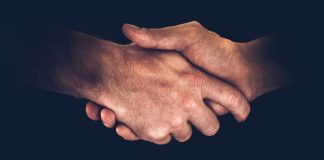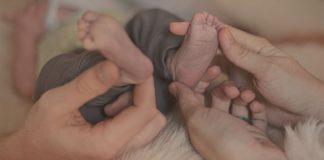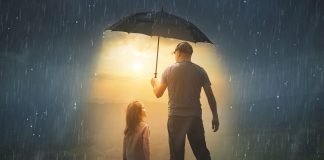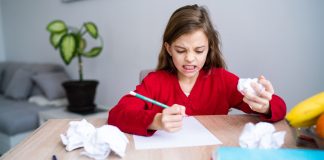Genia Ruscu
Mothers-in-law and daughters-in-law: a recipe for positive interaction
A common source of jokes and stories with subtext, the relationship between mothers-in-law and daughters-in-law appears to be characterised by particular sensitivities.
Preserving dignity: the key to personal freedom
How do we recognise violations of dignity and their impact on daily life?
Life as a couple after the first child
The arrival of a child brings immense joy and fulfilment, but it also introduces a new dynamic within the family, a reality that places the couple in the position of taking on responsibilities and tasks they had not encountered before. Transitioning to life as a family of three is a stage that disrupts the daily routine, demanding the full attention and involvement of...
Searching for the ideal partner: how do you know you’ve found the right person?
The beginning of a romantic relationship is often sweet and exciting, full of novelty, enthusiasm, and the thrill of discovery. These early stages create a sense of well-being that leaves little room for doubt. At this point, each partner tends to downplay their weaknesses and highlight their strengths.
A second chance: faith in the forgiveness that transforms us
Many years ago, while I was still in high school, our Romanian language and literature teacher assigned us the task of writing a framed story, complete with characters and a plot of our choosing.
“The insecure adults of the future” | Parent-child dependency
Dependence tends to have negative connotations—we may be addicted to sugar, the internet or gambling. Other times we are dependent on people or relationships, in which case the line between positive and negative is no longer easy to draw.
Why compliments make our day better
When we think about the many tasks of a new day, each morning can be a challenge to mobilise our resources—a combined test of speed and endurance, or a race against the clock with not only known obstacles but also surprising challenges that sometimes overwhelm us.
Stories with happy endings | How to keep going despite the obstacles
For some people, suffering is temporary. For others, life itself can be a long series of painful blows. However, experience shows that recovery is possible even when people seem to be at the end of their tether.
Jealousy, the enemy of a balanced relationship
Whether seen as a sign of true love or of a lack of trust in one's partner, jealousy is a range of states and behaviours attributed to romantic relationships. In reality, it also appears in other types of interactions, revealing the inclinations of the person who feels it, but also the quality of the relationship that generates it.
The things that really matter
It is said that time makes us wiser. How wise have we become after a global pandemic with millions of deaths, a war on our borders, economic problems, and many personal tragedies in which we are caught as if in the grip of a great storm?
The leap into the unknown. Is there a cure for the fear of change?
Since the beginning, human life on Earth has been an assiduous battle with the unknown and a series of unprecedented risk-taking. Exposure to danger seems to be the price to pay for progress. This is the first lesson learned in childhood, when the need to move from dependence to independence pushes us beyond the limits of safety and personal comfort. It familiarises us...
No one is perfect: how to help children learn from mistakes
To err is human. “The only sure way to avoid making mistakes is to have no ideas”, Albert Einstein said.
The need to learn to say no
Although we may not like everyone, we want everyone to like and accept us. We raise our eyebrows suspiciously if someone treats us with indifference or, worse, with hostility. We feel misunderstood and rejected. And the feeling of rejection is as intense as physical pain.
Working with a toxic boss
When professional activity causes constant stress, it is necessary, as part of a strategy for better communication, to identify the traits of a toxic boss and decipher problematic behaviours.
How to love hard-to-love parents
How much do we know about love? Enough to understand that love is not an obligation—we cannot love by force, nor be loved in this way.


























